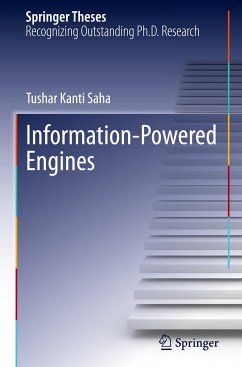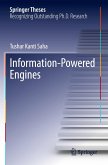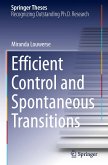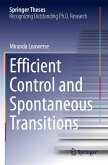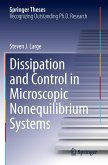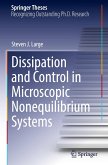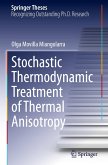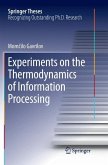This book presents the experimental development of an information-powered engine inspired by the famous thought experiment, Maxwell's demon, to understand its potential to produce energy for practical purposes. The development of an engine based on Maxwell's demon was for a long time inconceivable, but technological advances have led to novel investigations into theoretical and practical applications.
The built information engine consists of a micron-sized glass bead trapped in a tightly focused laser beam. It rectifies the bead's Brownian motion by controlling the laser's position and generates a unidirectional motion against gravity without doing any work, thus converting thermal heat into stored gravitational potential energy. A theoretical model based on a spring-mass system describes the engine's dynamics and was then used to find optimum parameters to improve the engine's performance. Experimentally implementing these optimization strategies led to engine outputpowers comparable to those measured in biological motors.
This book also highlights performance improvements made in the presence of measurement noise and presents important guiding principles to design information engines to operate in non-equilibrium environments. By focusing on practical applications, the book overall aims to broaden the scope of information-engine investigations.
The built information engine consists of a micron-sized glass bead trapped in a tightly focused laser beam. It rectifies the bead's Brownian motion by controlling the laser's position and generates a unidirectional motion against gravity without doing any work, thus converting thermal heat into stored gravitational potential energy. A theoretical model based on a spring-mass system describes the engine's dynamics and was then used to find optimum parameters to improve the engine's performance. Experimentally implementing these optimization strategies led to engine outputpowers comparable to those measured in biological motors.
This book also highlights performance improvements made in the presence of measurement noise and presents important guiding principles to design information engines to operate in non-equilibrium environments. By focusing on practical applications, the book overall aims to broaden the scope of information-engine investigations.

